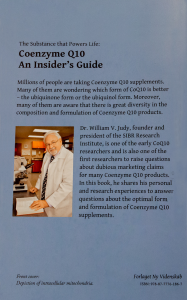
Dr. William V. Judy, founder and president of SIBR Research, explains the differences between the ubiquinone form of Coenzyme Q10 and the ubiquinol form. The book is available from amazon.com. ISBN 978-87-7776-186-7.
First off, a few definitions:
Coenzyme Q10 is an essential bio-nutrient with vitamin-like properties. It is not considered a vitamin because our cells do synthesize Coenzyme Q10. However, once we reach adulthood, our bio-synthesis of Coenzyme Q10 begins to decline with increasing age [Kalén 1989]. Furthermore, statin medications are known to inhibit the bio-synthesis of Coenzyme Q10 [Okuyama 2015]. Supplementation is a must.
Oxidative stress is the result of an imbalance between the body’s production of harmful free radicals as a by-product of metabolic processes and the body’s supply of antioxidants to neutralize the free radicals. Oxidative stress, unchecked, results in damage to cell membranes, proteins, lipids, and DNA.
A meta-analysis is a form of statistical analysis that evaluates aggregated data from several studies that have addressed the same research question. On q10facts.com, we are especially interested in meta-analyses of randomized, double-blinded, placebo-controlled studies or crossover, double-blinded studies.
The Meta-analysis Search Strategy: CoQ10 and Oxidative Stress
For a 2020 meta-analysis of the effect of CoQ10 supplementation on bio-markers of oxidative stress, researchers searched a variety of databases including PubMed, ISI Web of Science, and Google Scholar [Sangsefidi 2020].
Their search strategy was designed to find bio-medical journal articles that focused on Coenzyme Q10 AND oxidative stress. In their search, the researchers used numerous synonyms for both search terms, e.g. ubiquinone and ubiquinol as synonyms for Coenzyme Q10 and malondialdehyde and thiobarbituric acid-reactive substances and total antioxidant capacity as synonyms for oxidative stress.
In the addition to investigating the relationship between CoQ10 supplementation and bio-markers of oxidative stress, the retrieved journal articles had to have the following characteristics:
- had to report the dosage of CoQ10 used
- had to enroll study participants aged 18 years or older
- had to report on studies with a duration of 28 days or more
- had to present adequate description of the tested bio-markers for oxidative stress
Initially, the literature search retrieved 6,308 studies. The researchers excluded 6,287 studies for two reasons:
- because the articles did not report clinical trials (n=6,052)
- because the articles did not meet the inclusion criteria (n=235).
In the end, 21 studies published between 1997 and 2019 were included in the meta-analysis. These 21 studies enrolled 1,170 study participants, 614 participants in the intervention groups and 556 in the placebo groups.
All of the studies were parallel studies except for one crossover-design study.
The Meta-analysis Results: CoQ10 and Oxidative Stress
***Meta-analysis of eight of the 21 studies (intervention: n=241; placebo: n=240) showed a significant increase in total antioxidant capacity associated with the CoQ10 supplementation. Total antioxidant capacity is a measure of the antioxidant status of biological samples that can be used to evaluate the antioxidant response to the free radicals produced by a given disease or health condition [Sangsefidi 2020].
***Meta-analysis of 14 of the 21 studies (intervention: n=361; placebo: n=354) showed a significant decrease in the levels of malondialdehyde associated with the CoQ10 supplementation. Malondialdehyde is a known bio-marker for oxidative damage [Sangsefidi 2020].
***Meta-analysis of five of the 21 studies (intervention: n=122; placebo: n=109) showed a significant increase in glutathione peroxidase levels associated with the CoQ10 supplementation. The glutathione peroxidases are selenoprotein enzymes that protect cells against oxidative damage by reducing lipid hydroperoxides to alcohols and by reducing hydrogen peroxide to water [Sangsefidi 2020].
***Meta-analysis of six of the 21 studies (intervention: n=148; placebo: n=136) showed a significant increase in the levels of the antioxidant enzyme superoxide dismutase associated with the CoQ10 supplementation. Superoxide dismutase is an enzyme that neutralizes the harmful superoxide radical by converting it to oxygen and hydrogen peroxide [Sangsefidi 2020].
***Meta-analysis of five of the 21 studies (intervention: n=132; placebo: n=119) showed a significant increase in the levels of the antioxidant enzyme catalase associated with the CoQ10 supplementation. Catalase is an enzyme that facilitates the decomposition of decomposition of hydrogen peroxide to water and oxygen [Sangsefidi 2020].
Discussion of the Meta-analysis Results: CoQ10 and Oxidative Stress
The authors of the 2020 meta-analysis point out that a number of earlier meta-analyses of clinical studies have shown a protective effect of CoQ10 supplementation:
- Decreased levels of bio-markers for inflammation
- Improved glycemic indices
- Improved lipid profiles
- Reduced blood pressure
The extent of the protection has varied according to the dosage, the duration of the study, the formulation of the CoQ10 supplement, and the health condition of the study participants [Sangsefidi 2020].
Take-Home Message: CoQ10 Supplementation
- Coenzyme Q10 itself, the only endogenously bio-synthesized lipid-soluble antioxidant, plays an important role in inhibiting the production of harmful free radicals.
- Supplementation with Coenzyme Q10 can lead to reduced levels of malondialdehyde, a bio-marker of oxidative stress.
- The activity of the antioxidant enzymes glutathione peroxidase, superoxide dismutase, and catalase increases following supplementation with Coenzyme Q10.
- Supplementation with Coenzyme Q10 increases total antioxidant capacity.
Nota bene: Not all CoQ10 supplements are equally well absorbed. It is important to buy a CoQ10 supplement with documented absorption and bioavailability.
- The formulation of the CoQ10 supplement is much more important to the absorption and bioavailability than the form is.
- A well-formulated ubiquinone CoQ10 supplement will give a significant increase in plasma and lipoprotein ubiquinol levels.
Sources
Kalén A, Appelkvist EL, Dallner G. Age-related changes in the lipid compositions of rat and human tissues. Lipids. 1989;24(7):579-584.
Okuyama H, Langsjoen PH, Hamazaki T, et al. Statins stimulate atherosclerosis and heart failure:
pharmacological mechanisms. Expert Rev Clin Pharmacol. 2015;8(2):189-199.
Sangsefidi ZS, Yaghoubi F, Hajiahmadi S, Hosseinzadeh M. The effect of Coenzyme Q10 supplementation on oxidative stress: A systematic review and meta-analysis of randomized controlled clinical trials. Food Sci Nutr. 2020; 8(4): 1766-1776.
The information presented in this review article is not intended as medical advice and should not be used as such.
30 October 2020


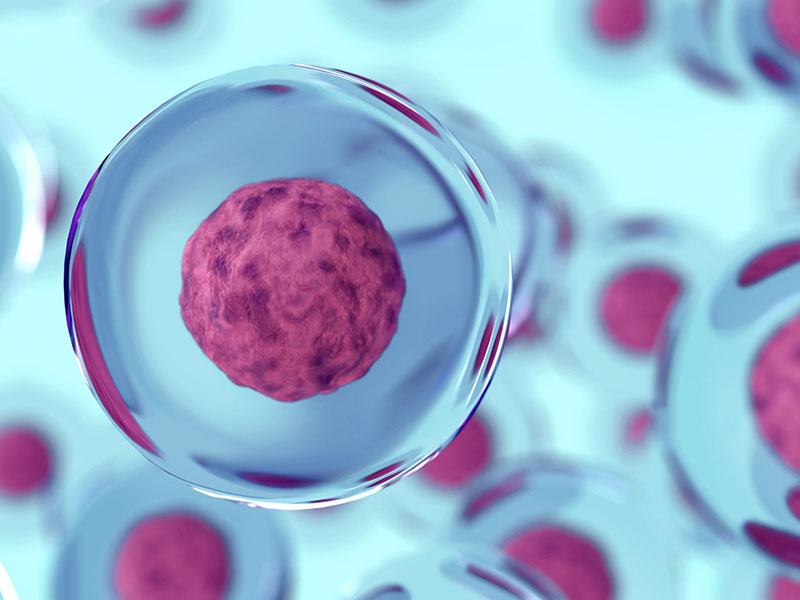
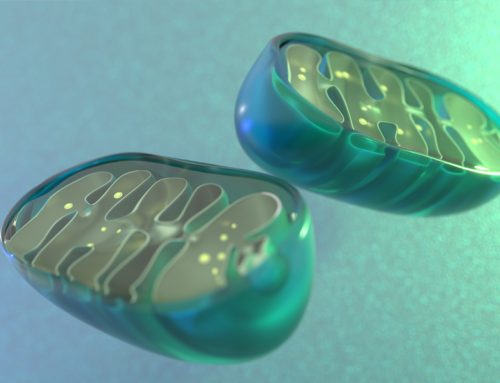

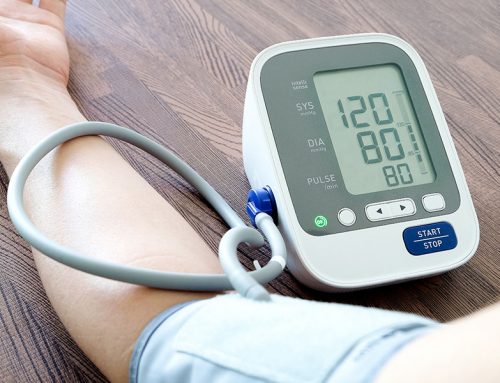


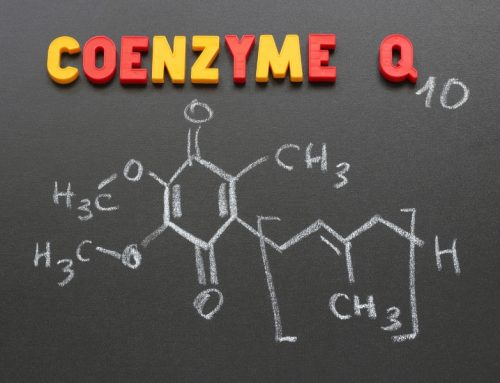
Leave A Comment